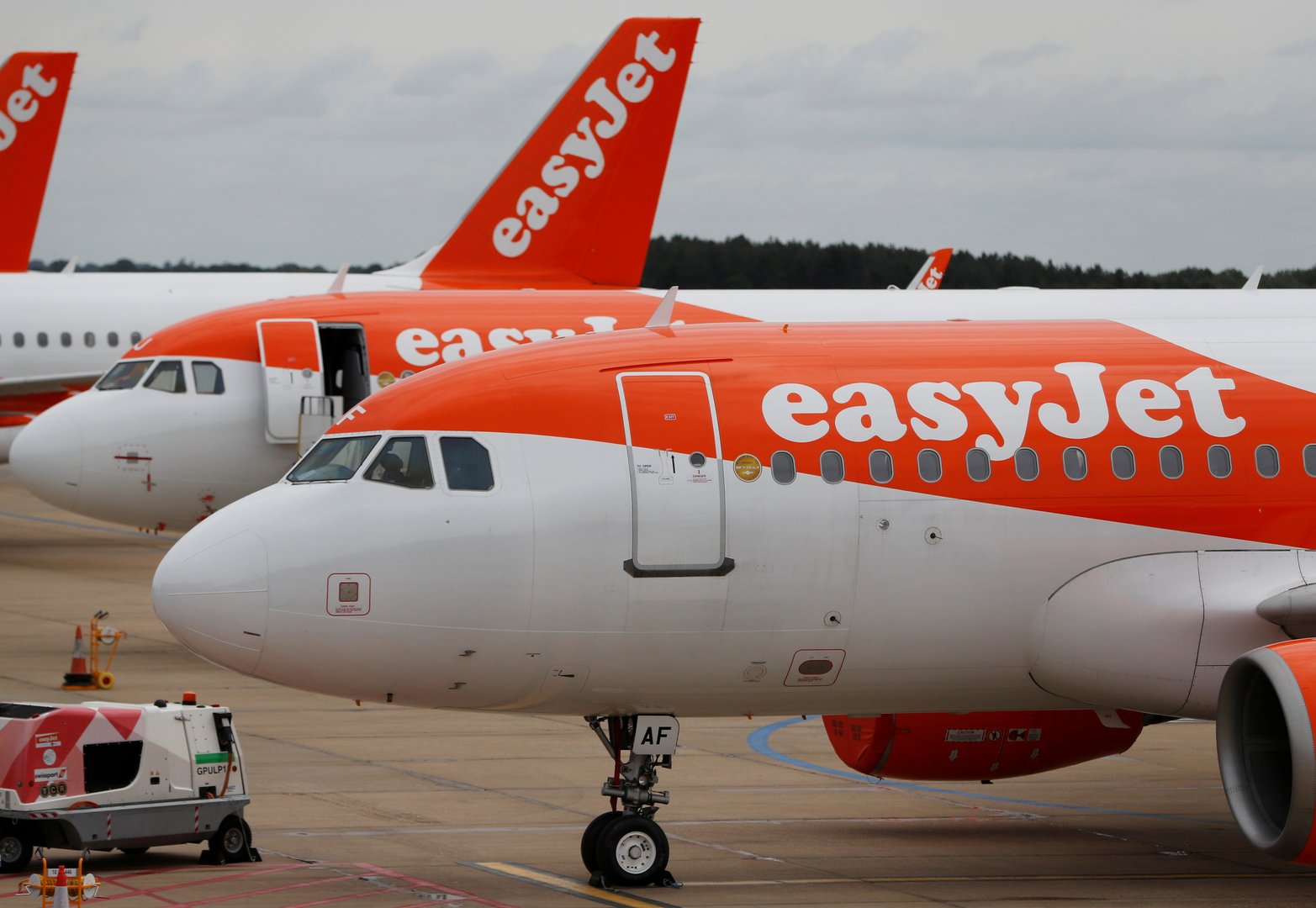British airline easyJet said it expected to start to fly more from late May onwards and that by then most European countries should be open to British holidaymakers, painting an optimistic picture about the return of travel.
In Britain, easyJet’s biggest market, uncertainty remains about when travel can resume and which countries will feature on a green list of low-risk destinations.
The government has said it will provide more information in early May and the earliest date for travel to restart is May 17.
EasyJet’s chief executive Johan Lundgren said most of Europe would be open for travel this summer, shrugging off worries about a third wave of COVID-19 infections on the continent.
“I would expect that almost all major European countries, that by the time it comes to travel reopening, that most countries in Europe should be in that category,” he said of Britain’s green list.
Travel industry experts have been less optimistic, saying that green list travel could be restricted to Iceland, Malta and Israel, countries which have made more progress with vaccination programmes than Europe’s big leisure destinations like Spain, Italy and France.
EasyJet urged the government to publish its green list as soon as possible, saying that the big question its customers were asking was where they could go.
The airline also repeated criticism of the UK’s plan to make PCR tests for COVID-19 a requirement for travel to green list countries, saying the high cost of tests could dampen demand.
For the April to end-June quarter, easyJet said capacity would be at 20% of 2019 levels, but that would include lower levels in April and May before a jump in June.
Goodbody analysts said capacity could reach 35% to 40% in June.
Lundgren said it was too early to forecast July capacity, noting that customer booking patterns were much later this year. But he said the airline was ready to ramp up flying quickly and had flexibility to change its schedule depending on changing restrictions.
Flying has been severely curtailed due to the pandemic over the last 12 months and easyJet flew just 9% of 2019 capacity in the three months ended in March, when it burnt through 470 million pounds.
But better than expected cost cutting helped the company to forecast a pretax loss in the range of 690 million pounds ($950.41 million) to 730 million pounds for the six months ended March, better than a consensus forecast for a 752 million pound loss. The company is due to report first-half results on May 20.
EasyJet said it was well positioned financially, with liquidity of 2.9 billion pounds, having taken on new debts to help it to survive the COVID-19 crisis.
Shares in easyJet traded up 3% to 949 pence early on Wednesday. The stock has soared 91% over the last six months since vaccines brought hope that travel could resume.







Click here to change your cookie preferences